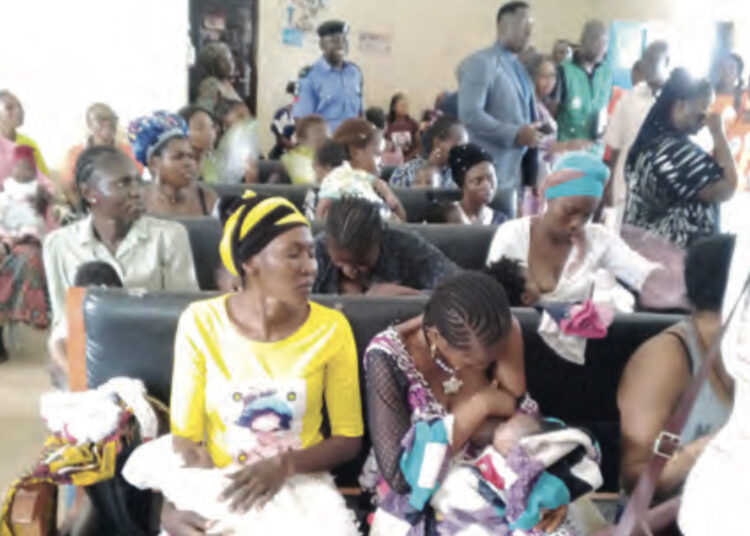While official statistics on the number of Nigerians suffering from infertility are unknown, estimates suggest that 25 per cent of Nigerian couples may struggle to conceive and may require assisted reproductive techniques such as IVF.
This is even as fertility expert, Dr. Abayomi Ajayi has listed practical steps couples can take to enable them carry their bundle of joy in 2024.
Ajayi, while speaking with LEADERSHIP, averred that infertility, which is the inability of a couple to have a baby after one year of trying, despites regular and unprotected sexual intercourse, has significant negative social impacts on the lives of infertile couples and particularly women, who frequently experience violence, divorce, social stigma, emotional stress, depression, anxiety and low self-esteem.
He asserted that many infertile couples are unaware of the doable actions that will help them conceive, hence the need to arm them with information they need to fulfill their dream this year.
Ajayi, who is also the
managing director, Nordica Fertility Centre, harped on age as one major reason that can mar or increase a woman’s chance of getting pregnant.
According to him, “A woman’s ability to have children depends mostly on her age. Naturally, a woman has about 20 to 25 per cent chance of getting pregnant per cycle when she is less than 30 years. The same woman, has less than five per cent chance of getting pregnant when she becomes 40 years. It is unlikely for a woman to get pregnant after 40 years. However, there is nothing like ‘you can never get pregnant’, but the chances become slim as one ages. So anybody who wants to have a child should bear that in mind that age is very crucial.”
Regular and unprotected sex at least three times a week is also very crucial if a woman wants to conceive, Ajayi averred, adding that regular and unprotected sex will enable sperm to enter into a woman’s vagina, find its way into the fallopian tube that links an ovary to the uterus and then fertilizes an egg; if the fertilized egg successfully travels down the fallopian tube and implants in the uterus, an embryo starts growing.





